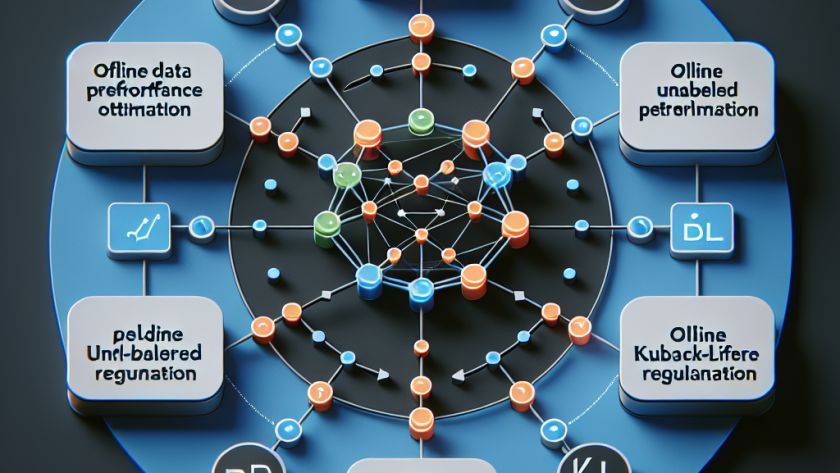The increased use and reliance on artificial intelligence (AI) systems have come with its share of benefits and risks. More specifically, AI systems are considered vulnerable to cyber-attacks, often resulting in harmful repercussions. This is mainly because their construction is complex, their internal processes are not transparent, and they are regularly targeted by adversarial attacks…












